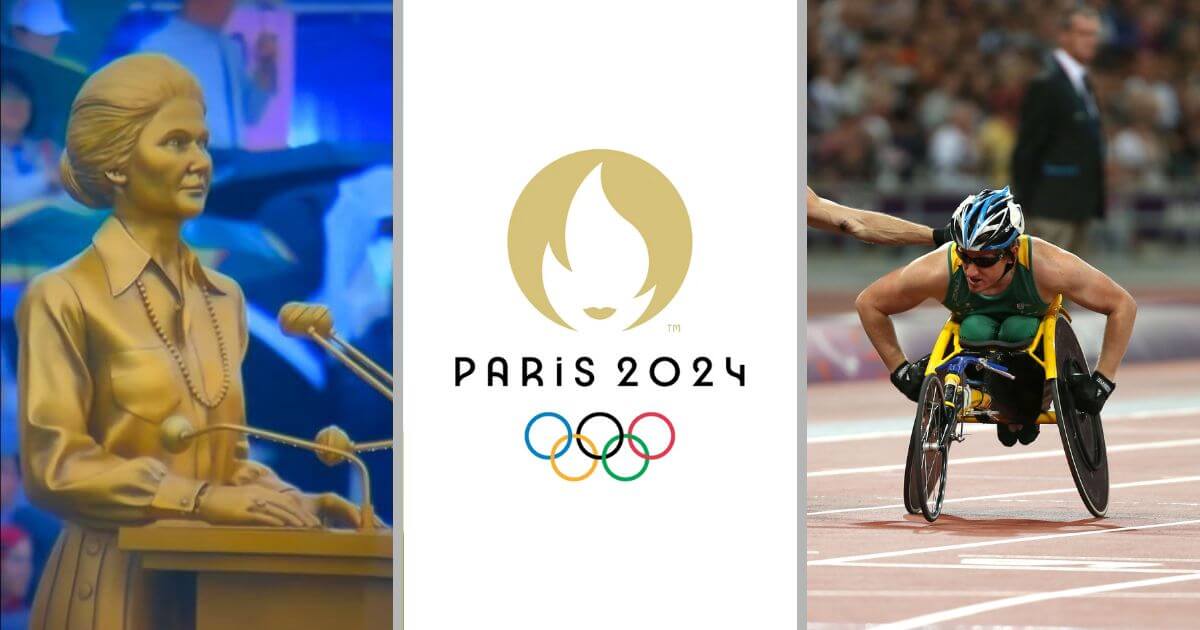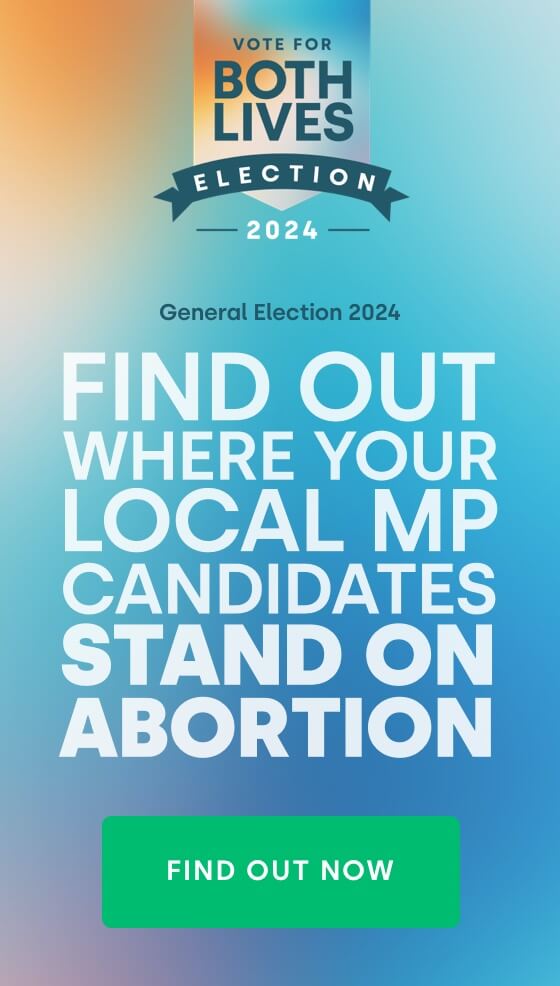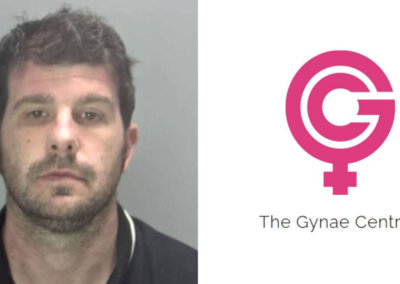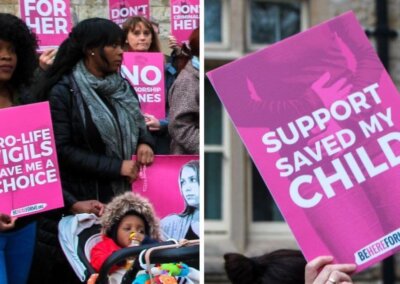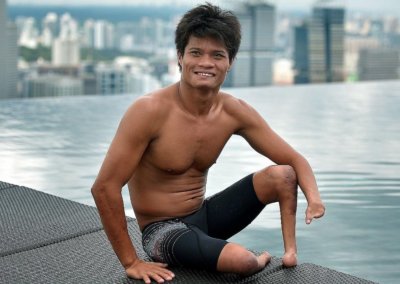The Paris Olympics recently glorified three French women instrumental in introducing France’s abortion law, which allows disability abortion up to birth. Meanwhile, the Paralympics, which celebrates the lives and achievements of athletes with disabilities, is set to begin later this month.
Amid the controversy surrounding the opening ceremony of the Olympic Games in Paris last month, Right To Life UK highlighted the decision to celebrate three “golden heroines of French history”, each of whom played a pivotal role in making abortion legal in France.
During the Olympics opening ceremony, the organisers chose to highlight and celebrate “10 golden heroines” by having statues of them emerge from the Seine as the national anthem was sung. Among the women represented by these statues were politician Gisèle Halimi, and feminists Simone de Beauvoir and Simone Veil. These three were the only ones born in the 20th century and each was a staunch advocate for abortion during their own lifetime.
Of these women, the role of the then-Health Minister, Simone Veil was seen as so significant in the passing of the abortion law in 1975, that it became known as ‘la loi Veil’, the Veil Act. The abortion law in France also allows abortion if the unborn baby is diagnosed with a “particularly serious” disability throughout all nine months of pregnancy.
Later this month though, Paris will host the Paralympic Games beginning on 29 August, celebrating the lives and achievements of athletes with disabilities. Paris will do so even while celebrating these three figures responsible for France’s abortion law and its subsequent explicit discrimination against people with disabilities.
In September 2021, The United Nations Committee on the Rights of Persons with Disabilities issued findings on France’s compliance with the 2006 Convention on the Rights of Persons with Disabilities. In the committee’s concluding observations, it stated “The Committee is concerned about … The devaluing of persons with disabilities through ableist policies and practices that underpin prenatal genetic screening on fetal impairment, particularly concerning trisomy-21, autism and neonatal detection of deafness”.
Disability abortion and the Paralympic Games
In France, abortion is available on demand before the end of the 14th week of pregnancy. However, the Veil Act also created a Public Health Code where an abortion can take place at any time during pregnancy if two doctors believe it likely that the unborn baby will likely have a “particularly serious condition recognised as incurable at the time of diagnosis”.
The disability clause of the French abortion law is worded similarly to that of England and Wales, which, while seemingly narrow, is interpreted extremely broadly. In England and Wales, this means abortion is legal, de facto, up to birth for any disability. In 2022, there were 46 abortions in England and Wales where the baby had a cleft lip or cleft palate, an increase of 15% from 2021. Six abortions where a baby had a cleft lip or cleft palate took place at 24 weeks and over in 2022.
French athlete, Martin Baron, who has been visually impaired since birth, is set to compete in blind football for France. If Baron’s condition had been known before birth, the French abortion law, which permits abortion if the unborn baby has a “serious condition”, may have allowed him to be aborted throughout all nine months of pregnancy. In England and Wales, official statistics from the Department of Health and Social Care show that abortions of babies with congential malformations of the eye take place.
Paralympic athlete Cameron Leslie, who was born with a congenital limb deficiency, will be competing in swimming and wheelchair rugby in the upcoming Paralympic Games. In his native New Zealand, it is legal to have an abortion up until birth, and in France, if two doctors agreed that he had a “particularly serious condition recognised as incurable at the time of diagnosis”, he could have been aborted at any time up until the point of birth.
Special Olympics
The Special Olympics, though a separate organisation from both the Olympics and Paralympics, also celebrates athletes with disabilities.
Ablaye Ndiaye, an athlete from Senegal who has Down’s syndrome, competed in basketball at the Special Olympics World Games 2023 in Berlin. He was given the honour of carrying the Olympic torch during the opening ceremony and grabbed media attention for his joyful presence during the Special Olympics. Special Olympics Senegal Director, Rajah Sy, said “he had an extraordinary aura. He made the stadium vibrate with his way of celebrating, living his joy, and showing that he is happy.”
In France, the vast majority of babies who are diagnosed with Down’s syndrome are aborted.
Spokesperson for Right To Life UK, Catherine Robinson, said “During an already highly controversial opening ceremony, it is shocking and saddening in equal measure that the artistic director, Thomas Jolly, chose to glorify three women who played such a pivotal role in introducing a law that has led to direct discrimination against people with disabilities in the womb”.
“The legacy of these three women is directly opposed to the Paralympics games, set to be held later this month, and the Special Olympics, which rightly normalises and celebrates athletes with disabilities”.


